This Horrifying Black Mirror Episode Was Inspired By A Real War Documentary
This message contains spoilers For “Black Mirror” of season 3 “Men Against Fire”.
Although “Men Antre Fire” has released two seasons (and five) After the first “Black Mirror”It was actually the very first episode that the showrunner Charlie Brooker wrote. Well, in a way; In his first project, the episode was called “entering”, and it was not similar to what “men against fire” would become. In the 2018 book “Inside Black Mirror”, “ Brooker explained:
“‘Inbound”, the first episode of “Black Mirror” entirely written but never done, had been based on a real heartbreaking story. [‘Black Mirror’ writer] Bonnie [Huq] had made me look at this documentary by John Piligant tearing from 2010 entitled “The War You Do’t See”, about the war in Iraq. There was a long sequence after a mourning mother around her house, in which she was subtitled throughout, describing how her family members had been killed. Usually you would only consider one parent who cries for a two -second shot in a report. This has suddenly become more urgent and human. “”
“The war that you do not see” was so striking because it refused to disinfuse the consequences of the war in Iraq, which most of the media had been happy enough to do. The invasion of Iraq was easier to support when people thought about it in more abstract terms, but this documentary has never moved away from the personal devastation that war has made. If the media coverage of the war had done it from the start, perhaps fewer members of the public would have supported it in the first place.
The link between the documentary and the “men against fire” is clear. Stripe (Malachi Kirby) is an enthusiastic participant in the vaguely defined war in which he fights – until his perception filter is damaged and he could see the real damage he caused. The government’s manipulation of its perception can be more exaggerated, civilians being described by the filter like bloodthirsty monsters or “cockroaches”, but the basic idea is the same.
War in “men against fire” was originally against Norway
Although the spark behind “Men Against Fire” was put back in 2010, the first project of the episode of Brooker was still difficult to recognize of what would have become. “In this story, you thought that an extraterrestrial force attacked Great Britain, but it turned out that they were Norwegian,” said Brooker. “As [Channel 4 chief content officer] Jay Hunt said one day, everything was a little heavy and too serious, as well as completely without humor, given the subject. “”
The concept was put aside for a few years, but Brooker and producer Annabel Jones have never stopped being captivated by this basic idea of digital desensitization. As Jones said, “there was certainly something interesting in the way in which war images were now in constant opposition and the resulting desensitization, but we could not find history to do it more than that. Later, the idea became more on the future of war and military conditioning, and how technology could provide the ultimate propaganda tool.”
The decision to have the enemies of soldiers is described as cockroaches, on the other hand, did not come from the documentary but from the controversial British columnist Katie Hopkins. In response to the refugee crisis in the mid -2010s, Hopkins had Referred to refugees from the Middle East as “cockroaches”. It was a dehumanizing rhetorical tactic of which Brooker was both dismayed and fascinated.
“I was definitely looking for a word that could be used as a racist or dehumanizing term to describe a whole group of people,” said Brooker about “men against fire”. “At the time, I thought it was incredibly eccentric, the idea that a future fascist government could come and demonize a huge section of society. And then it felt closer to home.”
“ Men Against Fire ” is the episode of season 3 of the least popular black mirror
Despite the premise of science fiction of “men against fire” both convincing and socially relevant, the episode has never been much adopted by fans. It is often Considered the weak link of a season 3 otherwise strongPartly because the dynamics between Malachi and the villain Arquette (Michael Kelly) is too simple. While other “Black Mirror” protagonists are condemned thanks to their own obsessions or inherent faults, Malachi is essentially zero. Arquette explains bad technology to him, forces him to comply, and that’s the end. You can say that Malachie is at fault for having agreed to wipe his memory, but let’s be real: nobody really thought that he would choose a life sentence. Other episodes, such as “15 million merits”, have given their protagonist really heartbreaking choices; Malachi’s dilemma was simple and predictable.
However, there is a lot to love in the episode overall. Although most of “Black Mirror” is cynical on human nature, the central premise behind the Big Bad Tech in “Men Against Fire” is surprisingly optimistic. Human beings, reveals Arquette, are very reluctant to kill each other even during the war. The army’s decision to install perception filters in their soldiers’ brain was supposed to prevail over the innate compassion that the average person has for those around him. Of course, the episode of season 3 ends on a total slope (with the hero forced to have his memory wiping and returning to the murder of innocent civilians), but I think it is soft for “Black Mirror” to emphasize that a reluctance to kill is a deeply rooted part of human nature. It is a nice contrast with Episodes like “White Bear” Or “Black museum“” Who maintain that we are all fundamentally sadistic basically.
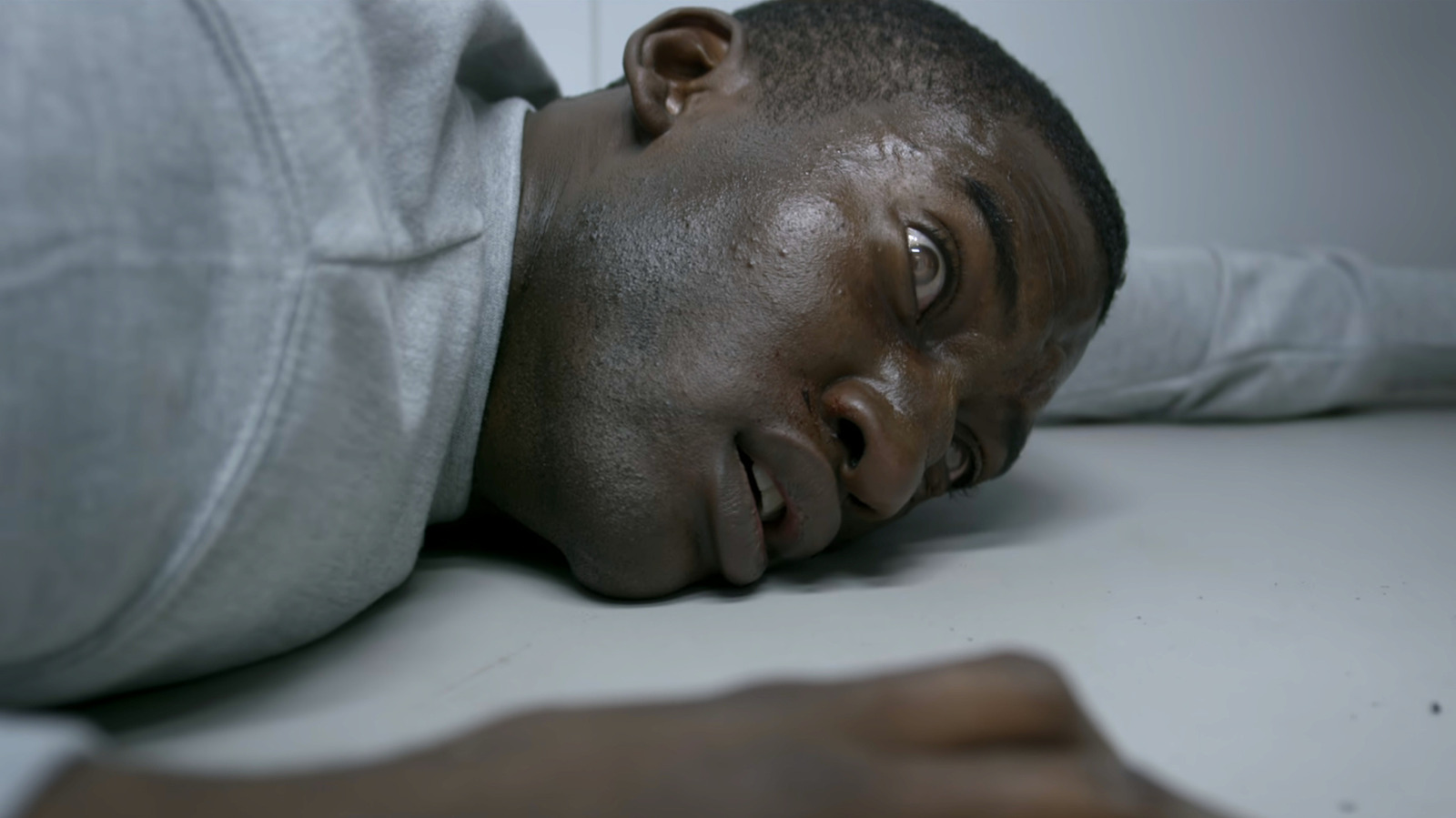
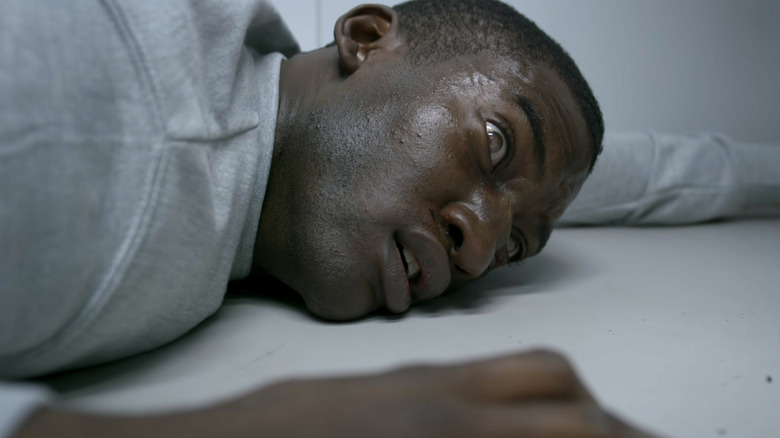
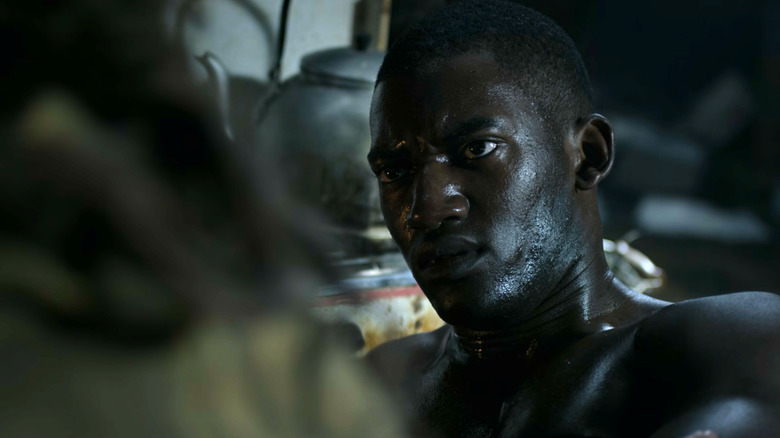
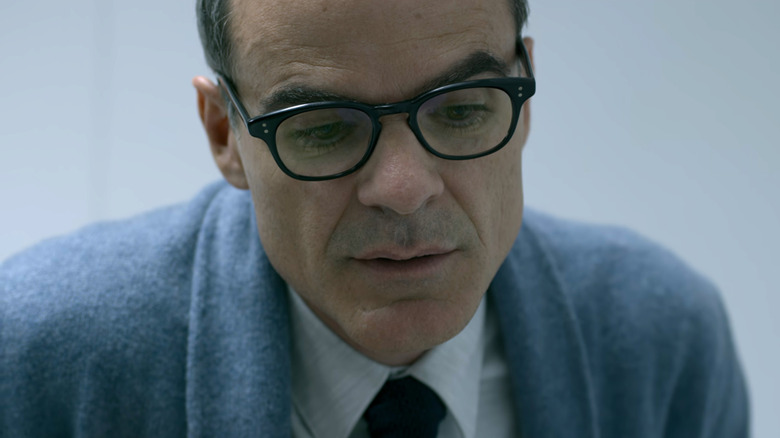

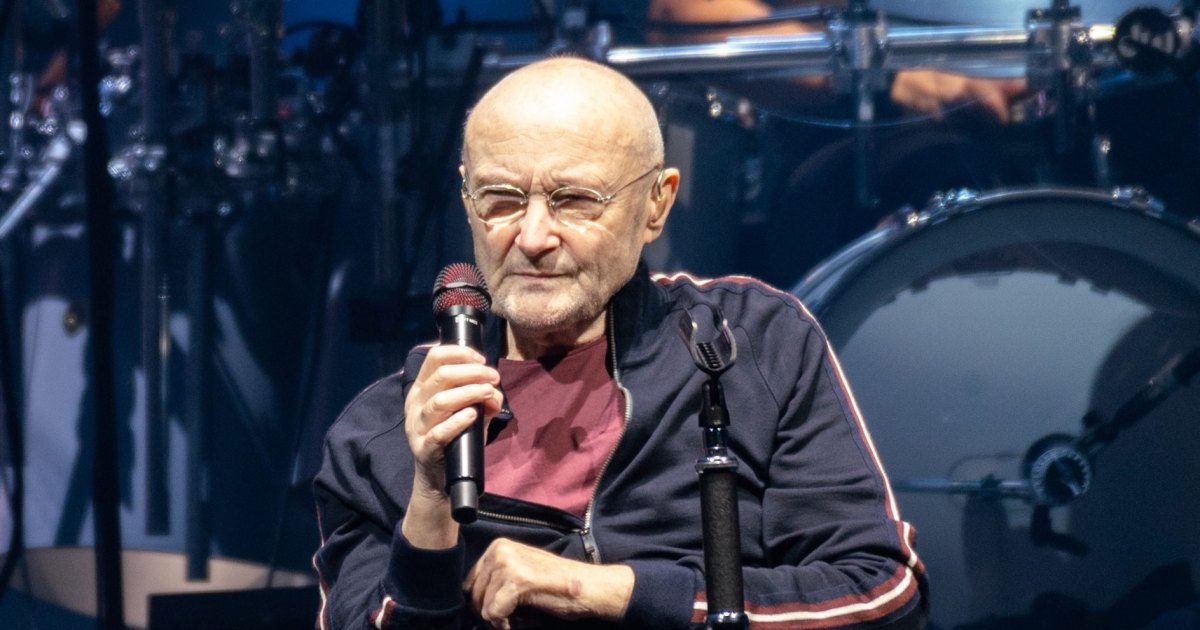
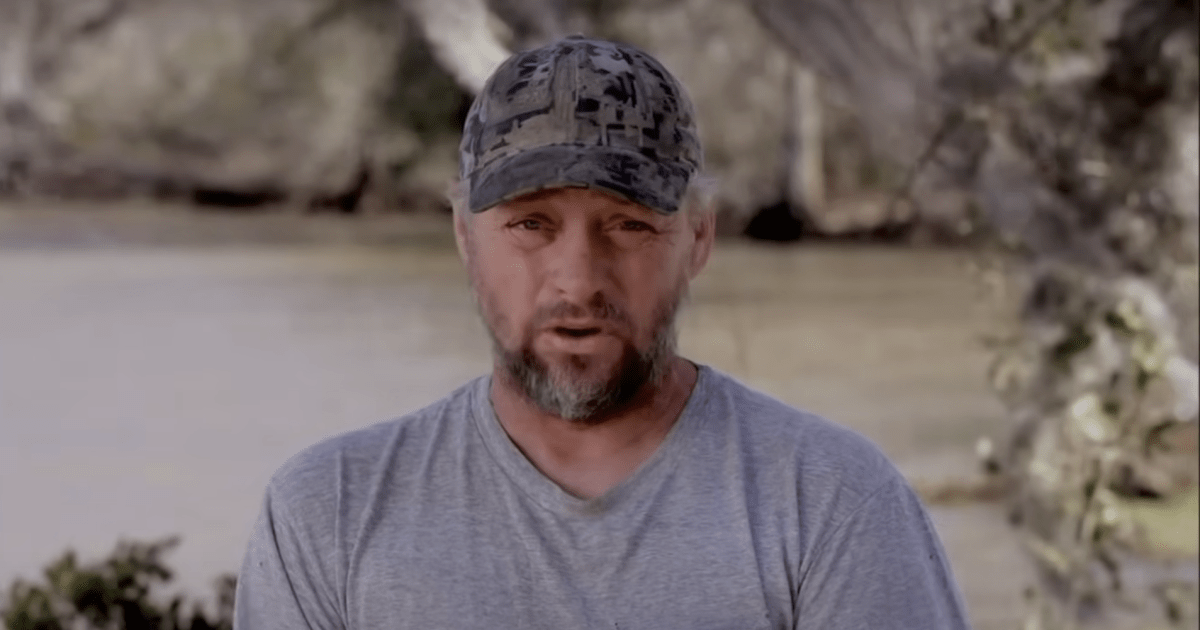
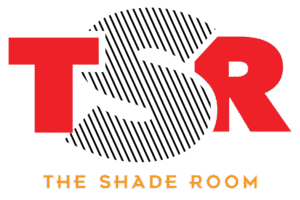







Post Comment